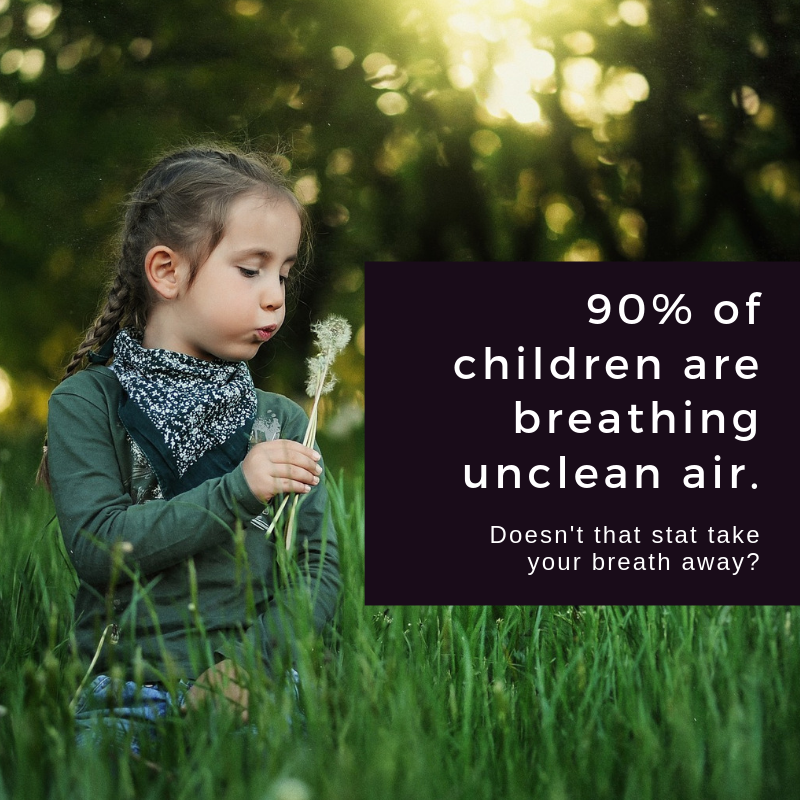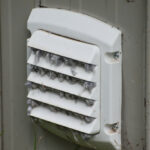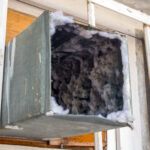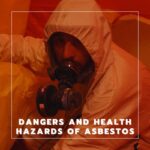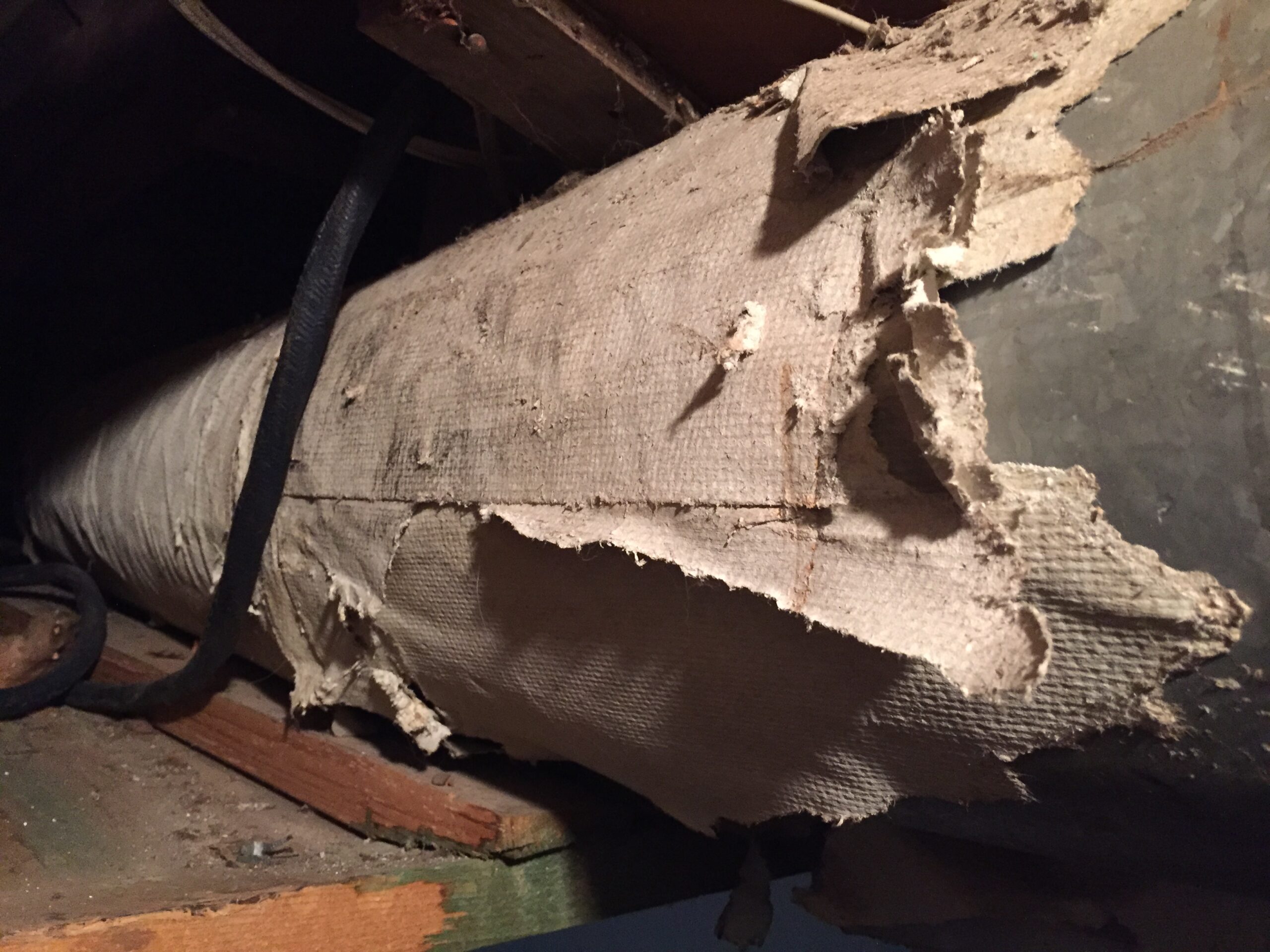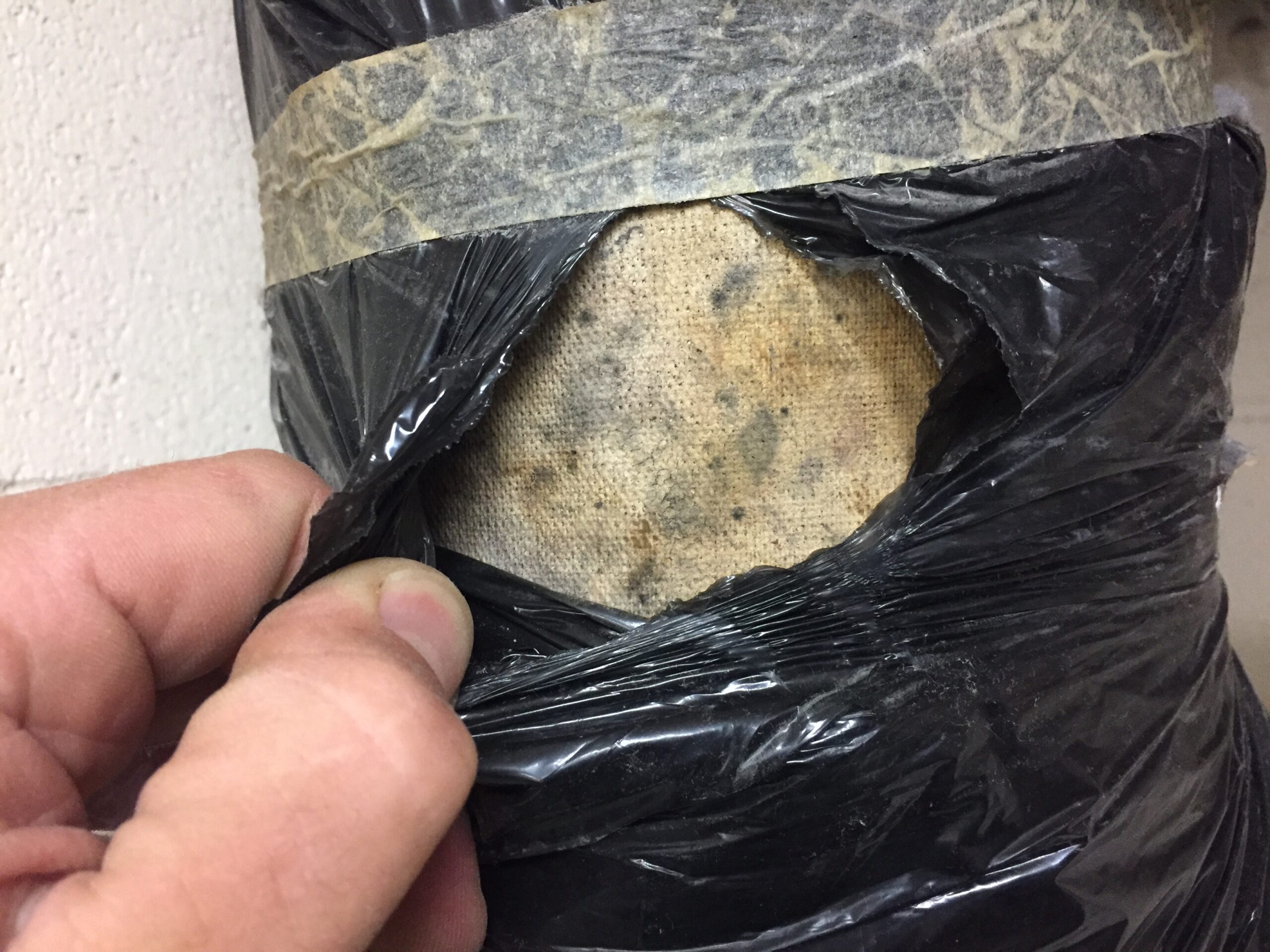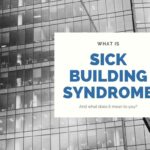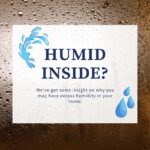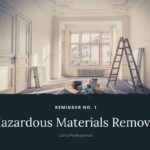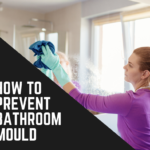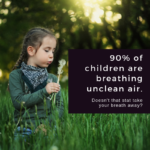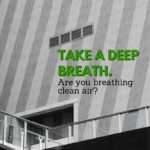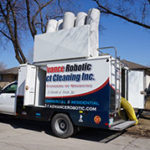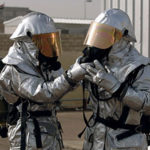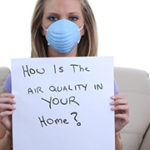A study released by WHO (World Health Organization) shows 90% of the world’s young people are breathing toxic or unclean air. As of last year, that equates to 1.8 billion children. That stat alone should take your breath away. Now consider that 600,000 children die from acute lower respiratory infections caused by pollutants.
While we all face the challenge of lower air quality and its effect on health, children are more vulnerable and the results can change their future. Why are children impacted so much more? There are a number of reasons with the first being their rate of breathing as they breathe in more air each minute than an adult causing a higher dose of air pollution to enter their lungs. The second being their size puts them closer to the ground where some types of pollutants tend to be at their highest levels. More applicable in Canada, indoor air pollution is also creating exposure where heating and cooking fires burn fuel incompletely producing hazardous fumes.
Sadly, the majority of these children are impacted by poor air quality before they are even born. Children are exposed to high levels of air pollution while in utero. Gasses and particulates can enter the bloodstream of the mother through the lungs and these particles have been found in the placenta. The long-term impacts of this are quite astounding. Dirty air has been found to cause low birth weight, premature birth, reduced lung/brain development all the way through to altering thyroid function.
Once they become children the effects are primarily respiratory based in the form of pneumonia and bronchitis as well as a sharp upswing in asthma. Some evidence indicates a risk of diabetes, cardiovascular disease, leukemia, obesity, persistent ear infections and neurodevelopment issues. Some of which is resulting in behavioural issues.
As a parent, you may be asking what you can do. Here are a few suggestions:
- Control Your Indoor Air – While you may not have control over schools and other public buildings, you can make a point of regularly cleaning your ducts and furnace to ensure the optimal air quality in your home.
- Avoid burning candles, incense stick and indoor fires.
- When outdoors, walk down secondary roads to reduce exposure
We can help with your indoor air quality as our duct cleaning services remove dirt, debris, pollutants and other allergy-causing particles from your air system. We can also advise on a cleaning schedule which will benefit all within your home.

